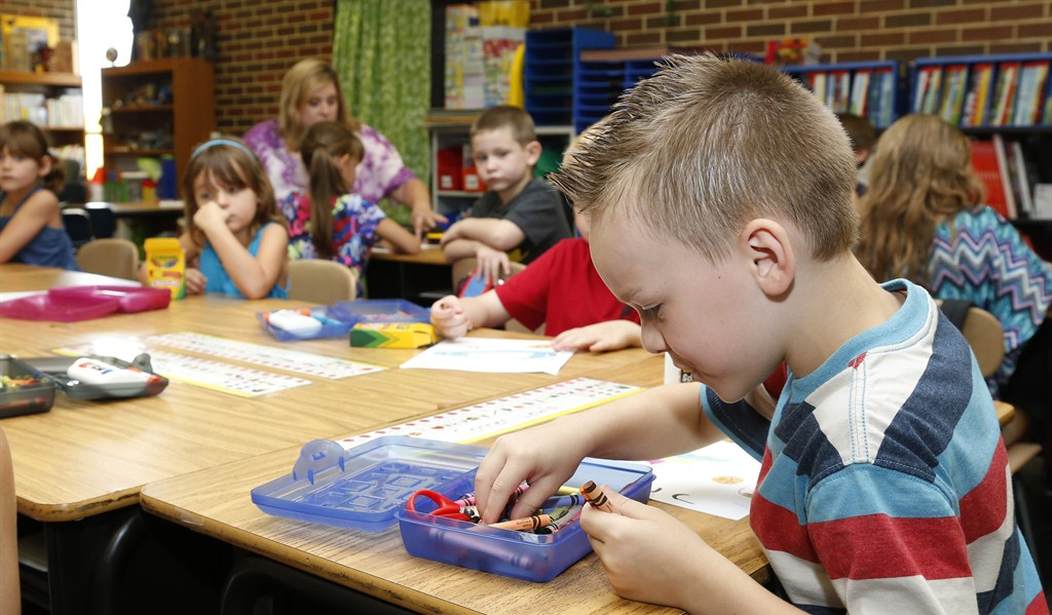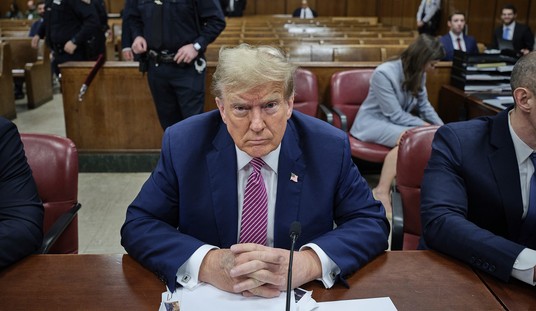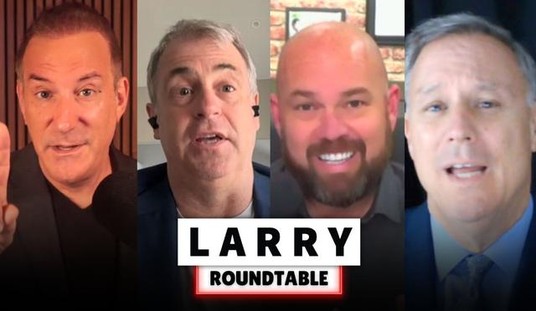As readers may or may not be aware, it’s School Choice Week. However, given the items in the news, you could be forgiven for not knowing. In fact, given those same items, one might get the idea that we’ve instead been going through something like Bullying Month.
After years of hand-wringing about the phenomenon of bullying, whether in its generic form oragainst specific groups, it appears to have taken the phenomenon of hazing in the National Football League to get the practice widely condemned to the degree it deserves.
In an ideal world, this would lead into a wider discussion of how to stop bullying, and what its root causes are beyond the obvious cases like homophobia. But I would suggest School Choice Week is a perfect time to reflect on how school choice is, itself, one excellent weapon with which to fight bullying, at least at the scholastic level.
This is not a talking point often heard in discussions about school choice, for reasons that are fairly predictable. For one thing, it’s fashionable to talk about school choice in the context of its benefits for children who have trouble in the classroom, or are so underprivileged that they are likely to fall behind without the benefits that charter schools and private schools provide. This was certainly the context in which it was broached in recent films like Waiting for Superman and Won’t Back Down, the latter of which may mark the first time that Hollywood has targeted an unrepentant Democratic constituency. By these standards, the message is an unrepentant success.
However, I want to suggest a different one – namely that, besides being a potential solution to inequality, school choice is a very good partial solution to bullying.
Recommended
Start with the basic statistical case. According to the National Center for Education Statistics, students at private schools face a lower instance of bullying than students at public schools in almost all cases, the exception being that private school students are marginally more likely to be bullied outside of school but on school grounds. The overall rate of bullying for public school students, however, was 29 percent, versus 19 percent for private school students. That’s almost the difference between one in three cases and one in five.
But quite aside from this wide disparity, there is another reason why school choice, which can allow parents to pick more academically rigorous schools, might be a solution to the bullying problem. Namely, it removes some of the kids most at risk for being bullied: that is, poor and gifted children.
The prevalence of bullying of poor students is easily established. Stopbullying.gov lists students who “are perceived as different from their peers, such as being overweight or underweight, wearing glasses or different clothing, being new to a school, or being unable to afford what kids consider ‘cool’” as groups most likely to be bullied. Indeed, the idea of the rich bully attacking the poor victim is one that is pervasive in pop culture, as fictional characters like Draco Malfoy or Regina George aptly demonstrate.
Similarly, the idea of gifted children being bullied is a stock piece of pop culture. Every “nerd beats jock” storyline attests to its pervasiveness. Indeed, the statistics back it up. Education.com explains:
We examined 13 specific kinds of bullying behavior [K-6] gifted kids experience or inflicted on others, ranging from teasing and knocking books out of hands, to pushing, threats, and ‘beating up.’ ‘Mean girl” bullying—exclusion, rumor spreading and harassment—had not yet appeared in the media. The exclusion of these types of social bullying in the research, along with the even more recent concept of cyberbullying, may have skewed the results. Nevertheless, 67 percent of the gifted participants had been a bully target sometime during K-8, and 25 percent of sixth-grade male victims and 24 percent of fifth-grade female victims had been bullied repeatedly.
Overall, 46 percent of gifted students report being bullied, while a slight 16 percent reporting being the bully. Meanwhile, the National Association for Gifted Children
Combine poverty and a gifted background, and you have a recipe for children who will be perceived as different, and thus subject to bullying. While we can bemoan this effect, it is far from clear that public schools possess the capacity to correct for it. For one thing, public school teachers are often judged based on overall classroom performance (if they are judged at all, which teachers unions make far from a sure thing). This means that there is a much greater incentive for teachers to teach strictly to tests and to spend any extra time trying to bring struggling students up to the lowest acceptable capacity, rather than to get at the root of their difficulties. Given that many giftedstudents chronically underachieve due to lack of intellectual stimulation, neither of these incentives is likely to serve their needs. Especially not when you consider that 61 percent of all teachers don’t even know how to teach advanced students, even if they wanted to.
Contrast this with the individual attention that can be offered in a private school, as well as the far stricter disciplinary policies that such schools can implement, both for students and for underperforming teachers. The addition of uniforms can blunt the effects of socioeconomic-based ideas of “coolness.” Private schools can also sort for particular types of students through admissions tests.
While public schools could theoretically implement such measures as well, the political incentives scream against them. What is more, in cases where public institutions have implemented similar policies, they have been in contexts that school choice itself is designed to promote. Witness, for instance, the Highly Gifted Magnet in Los Angeles’ North Hollywood High School, or Chicago’s Whitney M. Young Magnet. Both institutions, as well as any number of semi-public charters and outright private schools, can, with an appropriate level of government support, easily select the sorts of students who are likely to be underserved by public schools and lack the resources to escape on their own.
School choice opponents complain that school choice leaves “all but the privileged to fend for themselves in a mythological meritocracy.” Yet it is precisely those who have merit, but lack privilege, whom school choice can most help. No amount of all-for-one and one-for-all, union-style public school education can provide the education that gifted but underprivileged students deserve. Rather, to save them, it’s time for not just choice, but individualism – and a policy that prioritizes the protection of individual children over the continued protection of union bullies from competition by poorer, more gifted institutions.

























Join the conversation as a VIP Member